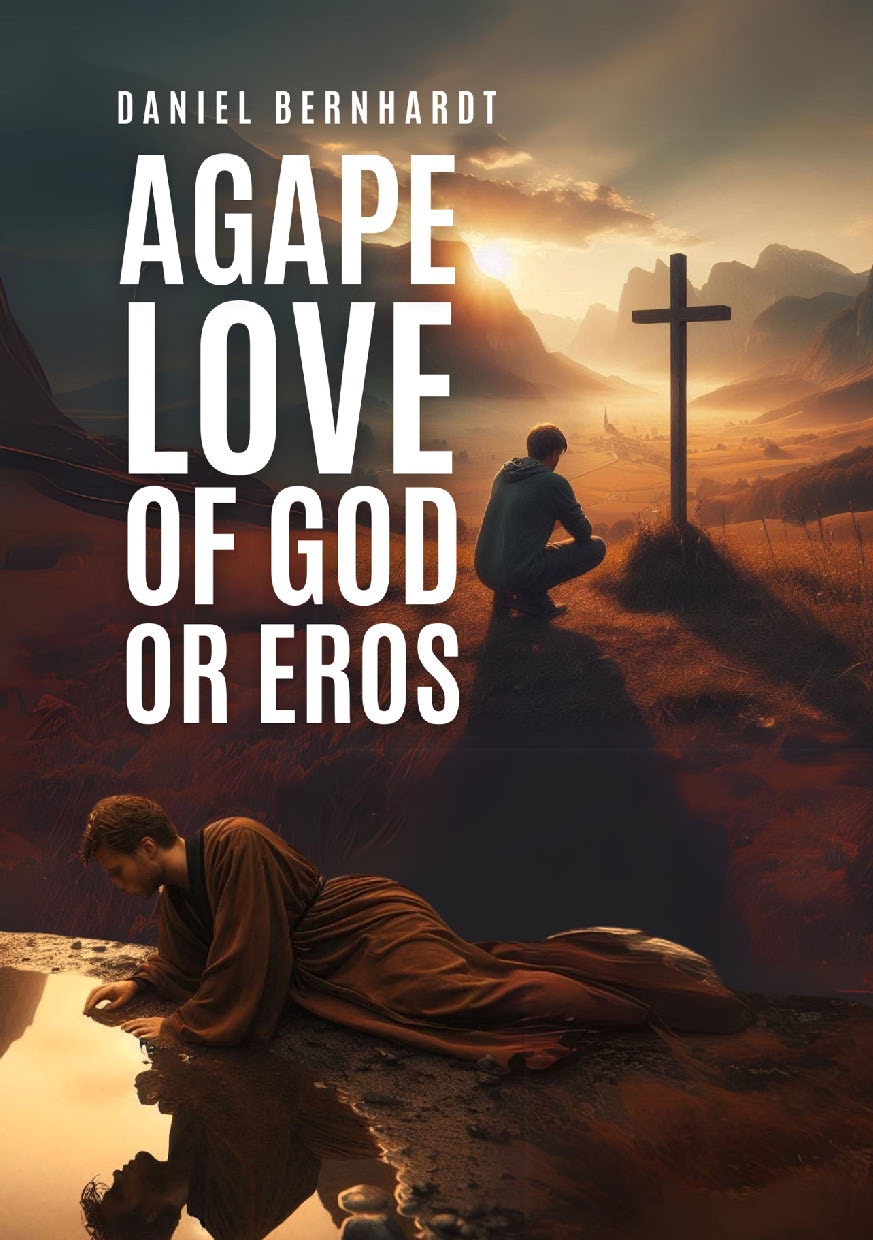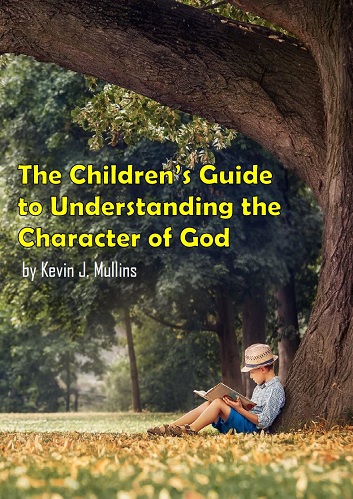Real Cross Requires Real Father and Son
 The cross of Christ reveals the identity of God. When a person comes to a moment of trial, anguish or especially at the point in where their life is threatened they will not put on a persona, rather their innermost being will become exterior. At the cross is seen a wrestle between a Father and a Son who are longing to embrace each other. Christ cries out “My God, my God, why have you forsaken me?” and the Father, revealed through the Psalmist as “flying on the wings of a cherub… made darkness my hiding place”. Christ cries out “Oh, my Father, if it be possible let this cup pass from me”. And even reflects on eternity past with his Father saying “Oh righteous Father, you have loved me before the foundation of the world”. The Father’s heart in giving up his beloved comes through when Paul speaks of the great sacrifice saying, “He that spared not his own Son, but delivered him up for us all” (Romans 8:32).
The cross of Christ reveals the identity of God. When a person comes to a moment of trial, anguish or especially at the point in where their life is threatened they will not put on a persona, rather their innermost being will become exterior. At the cross is seen a wrestle between a Father and a Son who are longing to embrace each other. Christ cries out “My God, my God, why have you forsaken me?” and the Father, revealed through the Psalmist as “flying on the wings of a cherub… made darkness my hiding place”. Christ cries out “Oh, my Father, if it be possible let this cup pass from me”. And even reflects on eternity past with his Father saying “Oh righteous Father, you have loved me before the foundation of the world”. The Father’s heart in giving up his beloved comes through when Paul speaks of the great sacrifice saying, “He that spared not his own Son, but delivered him up for us all” (Romans 8:32).
The intensity of the cross would bring to the fore the very foundation and core of the Godhead. This is in fact a revelation of the great character of God. At the cross we see not a projection of something that is not, but has become a certain way for the sake of human understanding, but rather an unveiling of God’s identity and character. This is clear in scripture. “This is eternal life, that they may know thee the only true God and Jesus Christ whom thou hast sent” (John 17:3).
“We know that the Son of God has come, and has given us an understanding, that we may know him that is true, we are in him that is true, even in his Son, this is the true God and everlasting life”. In fact here it is saying that eternal life is to know and understanding who God is. How can we possibly have access to knowing God so fully and entirely, and this true heart and mind knowledge of God’s character being the key to coming into eternal life, if God’s core identity is unknowable? The belief that God, in his core identity, cannot be grasped is not a Biblical Christian concept. The bible speaks of there being mysteries, but not in relation to God’s identity. For example, it speaks of Christ’s incarnation, that is a holy God entering into sinful humanity as a mystery, “And without controversy, Great is the mystery of Godliness, God was manifest in the flesh…” On the other hand those that were confused in their worship, even people from pagan backgrounds would be unaware of the characteristics of the being they were worshipping. Paul saw some worshippers who had an inscription “To the unknown God” and he went on to share with him “This God that you worship in ignorance is the Lord of Heaven and earth…” He goes onto share with them the personal God that gives “life, breath and all things” to his creation, “for in him we live and move and have our being as often your poets have said, we are also his offspring” (Acts 17:28). In Romans 1 it speaks of those that choose not to understand God and then debase themselves. It says that God’s eternal power and Godhead are revealed in us- in humanity. It says his attributes are seen in nature. And then goes on to say that people through their ignorance of God are led to lose their relationships with each other. This to me shows the danger in people losing their understanding of the personality of God.
How would you react? If you were losing one of the closest, if not the closest person to you in all the world how would you relate to them in those moments? Would you find in yourself the desire to express the deepest part of the relationship you sustain with them? Would you hold back and do only that which was appropriate for those around lest there be any misunderstanding? It certainly is not all about the people around, nor is it all about us. Now I say, if that Father and the Son are only mentioned such as a metaphor, and are rather the 1st and 2nd person of the Godhead with an another type or co-equal egalitarian relationship where there is no authority and headship and a childlike submissive approach, then wouldn’t they show a part of this relationship? Surely it could have just slipped out. Aspects of the co-equal and close associate status would have looked much different to a son searching for a father to comfort him in an hour of unutterable sadness and hardship.
In summary we conclude that the reality of the suffering of the Cross must be matched by a reality of relationship between God and His Son. If the expressions of relationship are only demonstrated expressions of submissive obedience then how can we actually know that the death of the cross is real, that Jesus really suffered and died for us? Many thinking Trinitarians confess that Jesus did not actually die on the cross but only his human nature died. If this is the case we have no solid ground to cling to, not in the event and not in the relationship portrayed. The only certainty is in a real Father and Son relationship





